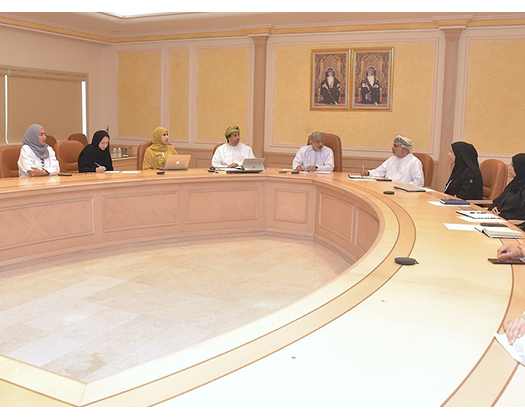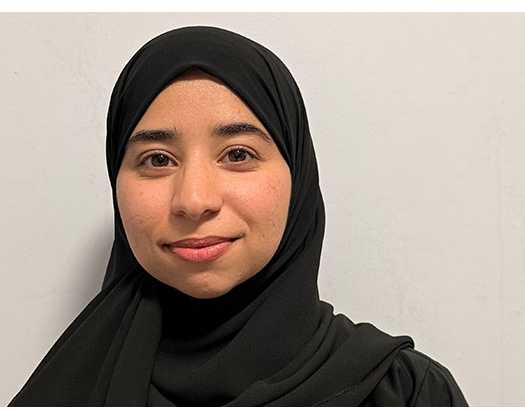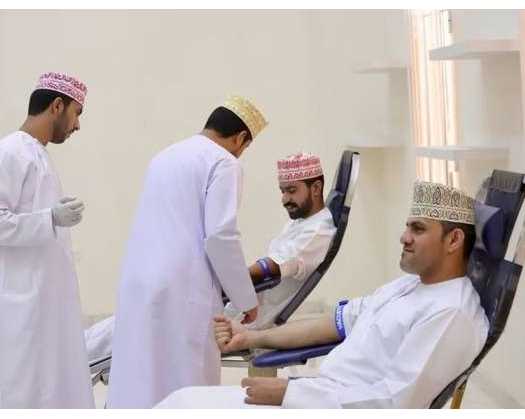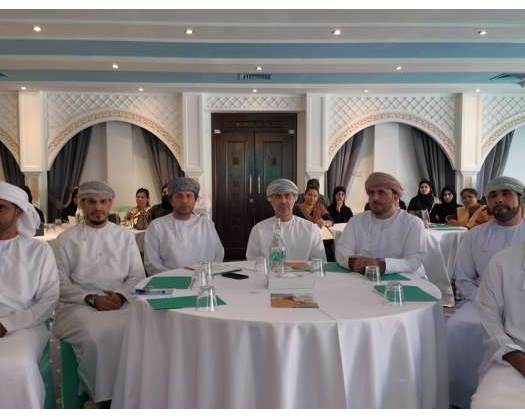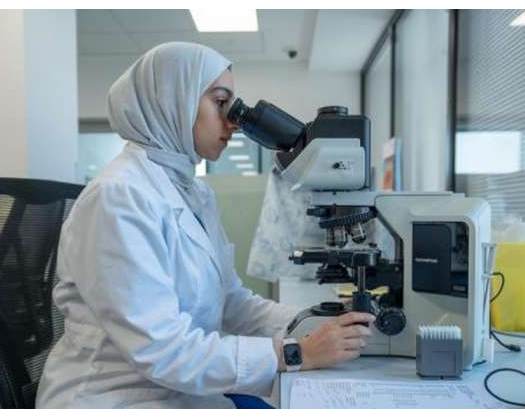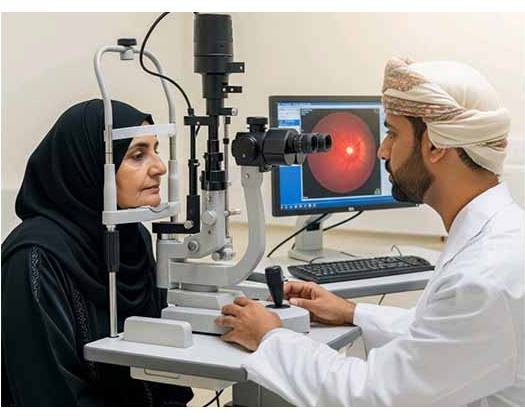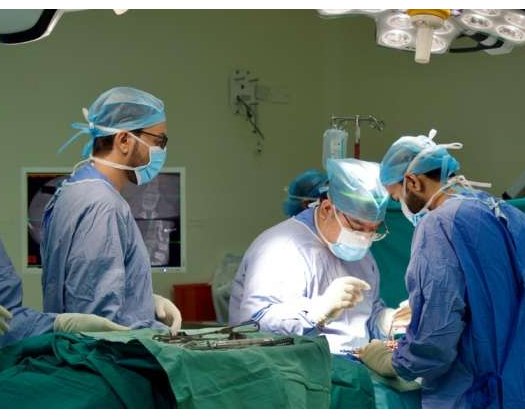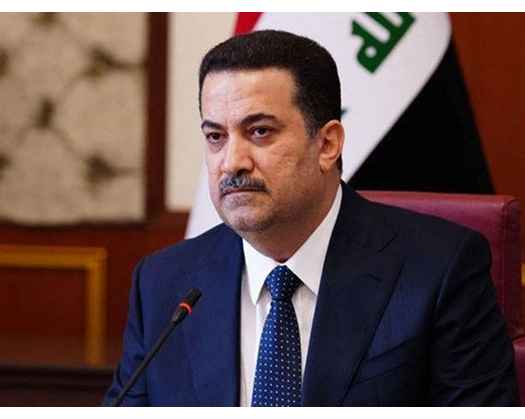Muscat: Dr. Said Harib Al Lamki, the Undersecretary of the Ministry of Health (MOH) for Health Affairs, led a discussion on Wednesday with the team overseeing the rollout of a new, expanded newborn screening program for metabolic disorders and a premarital screening program for specific genetic blood conditions and infectious diseases.
This nationwide program, set to be launched by the Ministry of Health in January 2025, showcases Oman's dedication to fostering healthier and more robust generations.
At the meeting, Al Lamki emphasized that the broader services for the target groups are designed to support community members, especially those getting ready to get married, in building strong and stable families and nurturing healthy offspring.
He highlighted the critical need to increase awareness among the target groups, ensuring that both partners are fully aware and convinced that marriage should only occur after undergoing medical examinations, being fully informed about the outcomes, and providing evidence of these tests completed.
He also pointed out that the newborn screening service will play a crucial role in the future of families by enabling early treatment or interventions if the test results indicate any genetic disorders.
The undersecretary noted that this initiative, set to be officially introduced in January 2025, includes a range of tests for individuals planning to marry. These tests are intended to identify any genetic or infectious blood conditions in either partner, offering couples a variety of options and solutions to make well-informed decisions.
Concerning the significance of this screening, Al Lamki stated that it helps prevent children from experiencing hereditary diseases and lowers the spread of certain genetic and infectious blood conditions. This, in turn, helps alleviate many of the psychological, social, and economic challenges faced by families with children affected by these conditions.
The national program for early newborn screening also aims to identify any genetic conditions that could lead to severe complications. The program focuses on performing newborn screenings as early as feasible to prevent complications related to diseases and to decrease the rates of morbidity, disability, and death caused by genetic conditions.

